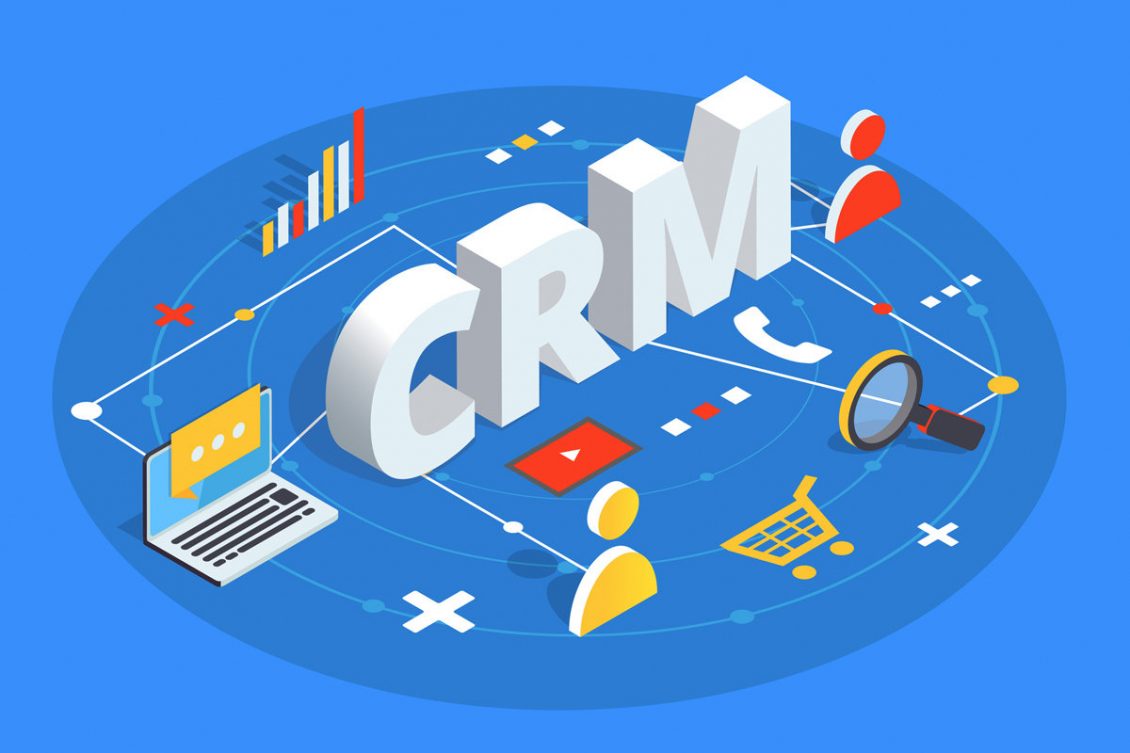Experts have always been of the opinion that business is an exact science, dealing in methods and experiments and analysis of its customers. Others have also decreed, and rightly so, that business is a staple of commerce, contributing to the economy in a myriad of ways. Furthermore, there are yet some who believe that business is an art, it involves working on a technique to perfection and being ready to alter proceedings as the circumstances dictate. It is the art part of business that requires the most attention, ensuring a constant need to check up on customers’ preferences and to lead projects into completion. It is here where the significance of Customer Relationship Management (CRM) and Project Management is highlighted.
What is CRM
Customer Relationship Management is the process of recording, organizing and analyzing data about current and potential customers – their preferences, history, past purchases, budgets, etc. – and using it to optimize marketing efforts towards encouraging sales and repeat sales. An efficient way of catering to “leads”, CRM systems have attained immense significance in the business world, providing the advantage of technological storage and analysis of data which saves time, offers insights and strengthens further marketing policies of a firm. The usage of CRM systems has proven to be extremely successful in its objectives, providing a cost-effective marketing strategy, increased revenue and satisfied customers.
What is Project Management
Project management is defined in its name – it incurs envisioning, planning, executing and controlling a project to completion, and beyond. The process is tedious as it involves setting project-specific objectives in lieu with the firm’s objectives, taking a stock of resources available, ensure the optimal allocation of resources in the execution of the project and attempting to complete the project in the stipulated time and budget constraints. Moreover, the activities in a project continue long after its completion, as constant attention is required to ensure that the project has completed its objectives and in repairing any chinks that might come up enroute. In lieu with the amount of work it entails, project management has also shifted to the technological world, with project management systems helping managers keep a track on past, current and prospective projects. This is useful in charting out success rates and ascertaining the effectiveness of certain techniques, teams and individual workers while also ensuring the satisfaction of clients.
Project Management CRM System
Project management and CRM have been two staples of business ever since its inception, with the two departments going on to lend significant contributions to the success of a firm, measured by lower costs, higher revenues and increased customer satisfaction rates, to state the most important facets. The digital revolution and the introduction of customers transferred the recording of these two departments to programs such as MS Excel. With the passage of time, software for the sole purpose of committing either task sprung up, encroaching into mobile application territory with the smartphone revolution. It is somewhere around this period that software programs looking to fulfill both the tasks came into prominence.
As the above paragraphs have stated, the process involved in the two tasks are somewhat similar, with both concerned with storing data for future analysis. Moreover, the aim of both the tasks is certainly the same – optimal usage of the firm’s resources in order to ensure achievement of the larger goals of the firm. In lieu of this, usage of a single software, customized to carry on both the tasks has a lot of advantages:
- It ensures the existence of date at a singular, convenient place where it can be viewed and used by managers looking to do either task.
- It is, in most cases, cost-effective as it reduces spending of resources to the installation of two separate software programs.
- It enables the firm to cater to their customers and clients and their preferences more efficiently.
However, there lie certain disadvantages as well:
- For a small-sized firm, this practice isn’t too prudent as the cost of installation and operation would be bigger than the combined finances of two software.
- It may lead to confusion and mix-ups between different departments and managers, and holds the risk of triggering in-fighting.
- While they hold similar objectives, the time allotted to both the tasks are extremely varied as CRM is a constant process while project management is dependent on project to project.
Conclusion
Like with all other aspects, the process of selection between the two different types of programs depends solely on a specified business. While smaller businesses usually prefer separate software, often a single manager is responsible for both CRM and project management. This implies that singular software would make operations relatively easier for the manager. It would be advisable to analyze one’s business’ aims, budget and resources before making a choice. Moreover, most programs offer free trials to help businesses get a gander at operations under the program, a great aid in the selection process.

